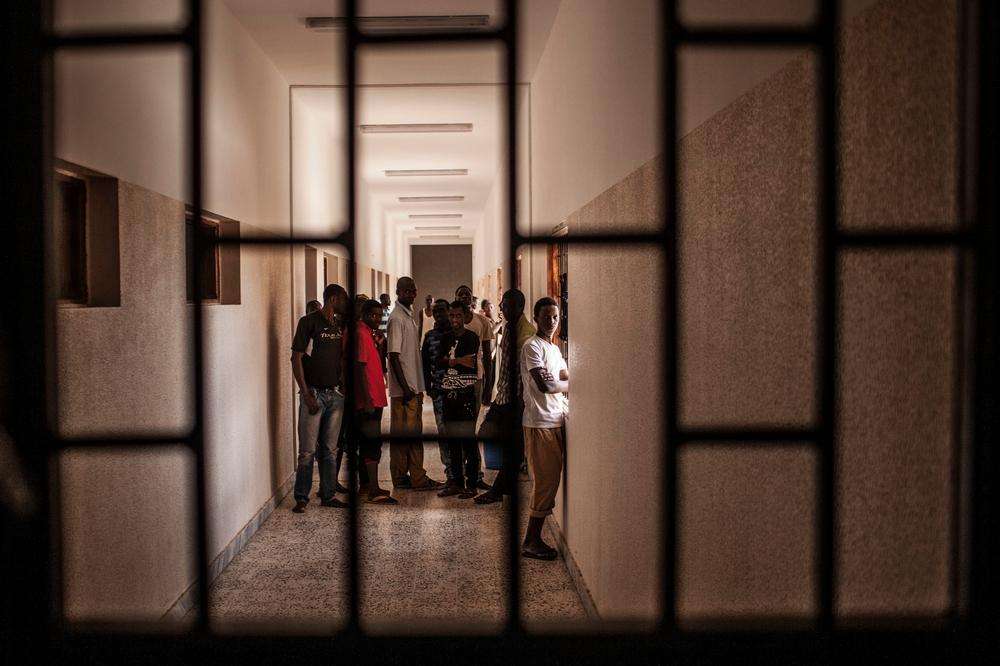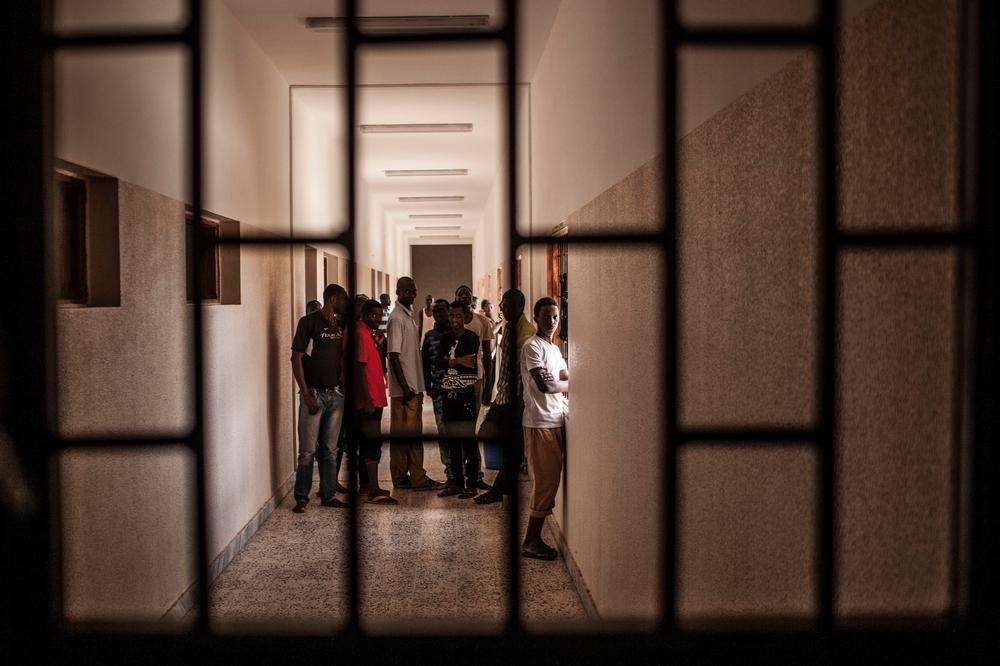AMSTERDAM/NEW YORK— As European Union leaders meet in Malta tomorrow to discuss migration, with an intention to "close down the route from Libya to Italy" by increasing cooperation with the Libyan authorities, Doctors Without Borders/Médecins Sans Frontières (MSF) is raising grave concerns about the fate of people trapped in Libya or returned to the country.
MSF has been providing medical care to migrants, refugees, and asylum seekers detained in Tripoli and its surroundings since July 2016. People are often detained arbitrarily in inhumane and unsanitary conditions, without enough food, clean water, or access to medical care.
Arjan Hehenkamp, MSF general director, issued the following statement today after returning from Tripoli:
"The European Union and its member states need a reality check. Libya is not a safe place—there is no way this can be considered a humane approach to migration management. There is currently a breakdown in law and order in Libya. Sub-Saharan Africans are being detained with no due legal process and with no way to challenge the lawfulness of their detention. Detainees are desperate to let their families know they are alive; they have virtually no access to the outside world. Those I spoke to did not know what was going to happen to them despite being held for months.
"We're working in seven detention centers in and around Tripoli but even the better ones where we work do not meet any national, regional, or international standards. People are held in inhumane conditions. There's little natural light or ventilation and many facilities are dangerously overcrowded. The lack of human dignity was staggering. MSF medics are treating around 500 people a week for respiratory tract infections, acute watery diarrhea, skin disease, and urinary tract infections—these complaints are mostly related to conditions inside the detention centers.
"Shortage of food in the detention centers is a real concern—we're seeing adults suffering from malnutrition and people are more susceptible to disease and acute illness. Detainees do not have adequate access to safe drinking water, sometimes less than one liter per person per day, and access to latrines or showers is severely limited resulting in high rates of skin infections and infestations with lice, scabies, and fleas.
"A recent UN report highlighted the violence and abuses experienced by many people in detention. Our teams in search and rescue vessels on the Mediterranean have rescued more than 50,000 men, women, and children and have documented many firsthand accounts of the alarming level of violence and exploitation they experienced inside Libya at the hands of security forces, militias, smuggling networks, criminal gangs, and private individuals.
"The absence of a functioning asylum system in Libya means that in the current circumstances people seeking international protection cannot be processed fairly and efficiently in accordance with international and regional refugee law.
"The EU is misrepresenting the reality on the ground. Libya is not a safe place and blocking people in the country or returning them to Libya makes a mockery of the EU's so-called fundamental values of human dignity and rule of law."





